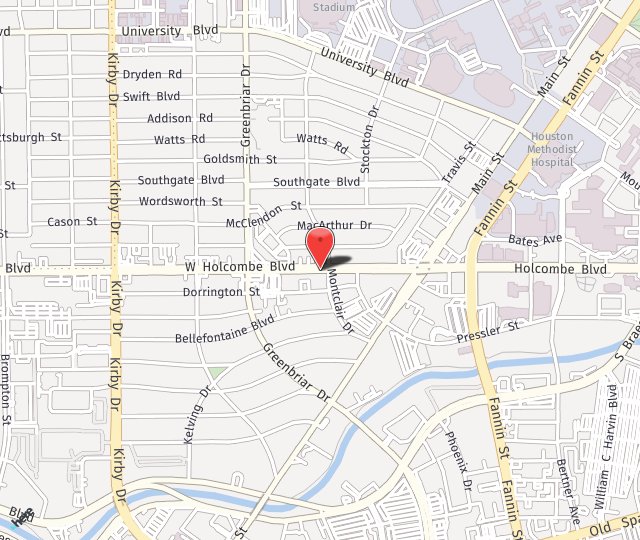According to the National Sleep Foundation, 8 percent of adults grind their teeth during sleep. While it may not seem like that big of a deal, grinding your teeth can be a source of significant pain and problems for some individuals. Dr. Konig can help get to the cause of tooth grinding and help prevent future damage from grinding, too.
Why Is Grinding Your Teeth Serious?
Like we said, grinding your teeth grinding may not be a big deal for some people, but for the majority of those who do it, it can lead to jaw pain, enamel damage and stress on the temporomandibular joints (TMJs). Over time, these effects can lead to pain and jaw problems during use (when chewing, talking or yawning).
Additionally, grinding your teeth can cause other problems, such as headaches, migraines and unexplained ear pain. Grinding your teeth can even change the appearance of your face – making it look longer or wider.
One of the primary – and most notable – effects of grinding your teeth is severe tooth sensitivity. If you’re noticing pain when you eat, drink or even in cold weather, this is a concern and a potential sign that tooth grinding is a problem.
Causes of Tooth Grinding
One of the primary causes of tooth grinding, tooth clenching and jaw tension is stress. When you are worried or concerned about something, it can manifest subconsciously during sleep.
It can also occur as a result of the use of some medications, such as those used to treat depression and anxiety.
Individuals living with obstructive sleep apnea and other sleep disorders often grind and clench their teeth, too.
Some lifestyle or behavioral choices can also lead to tooth grinding. These choices include smoking and tobacco use, excessive drinking and the use of recreational drugs.
A new study from the United Kingdom’s National Health Service also revealed that individuals who drink more than six caffeinated beverages – such as tea, coffee and energy drinks – also are at a heightened risk.
If you’re clenching or grinding or you think you are, it’s time to call Dr. Konig to get assessed before your teeth are so severely damaged they cannot be saved or your TMJs become seriously injured.
The signs of grinding your teeth include:
- Waking up with jaw pain
- Headaches near the temples
- Sore muscles in the jaw
- Unexplained ear or facial pain
- Sensitive teeth
- Unexplained tooth damage
If you’re living with tooth grinding or suspect you grind your teeth, call Dr. Ron Konig today at 713-668-2289 to schedule an appointment.

